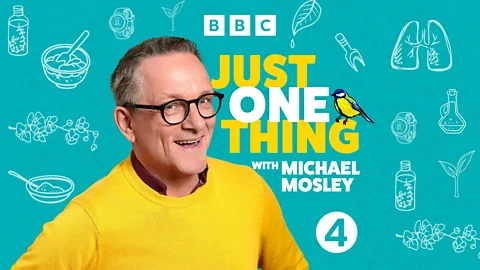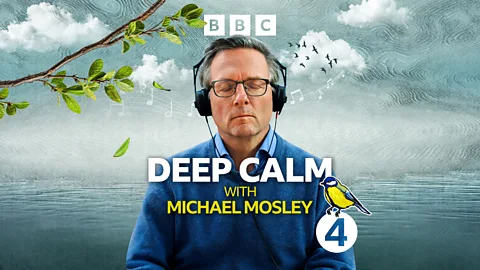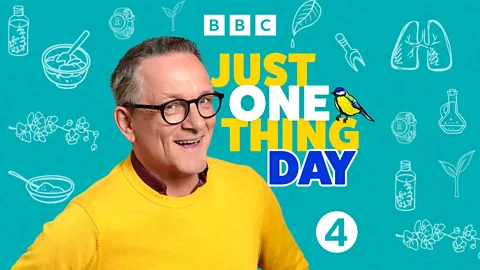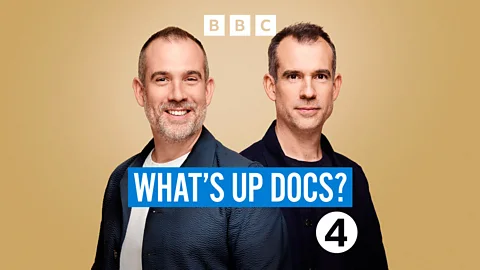
Just One Thing - with Michael Mosley
Just One Thing - with Michael Mosley
Play an Instrument
Up next
April 18, 2024
15 minutes
Available for over a year
Humans have been making music for thousands of years, but for Michael Mosley and our volunteer Matthew, the musical journey is only just beginning. Playing a musical instrument has been shown to strengthen your memory and lift your mood. It can even reduce chronic inflammation. Dr Sofia Seinfeld from the Open University in Catalonia tells Michael why it’s never too late to start making music, and how it can enhance your cognitive abilities by activating regions of the brain associated with motor co-ordination and the processing of emotions. Meanwhile, Matthew gets to grips with the ukulele to see if he can master a tune and boost his wellbeing.
Series Producer: Nija Dalal-Small
Editor: Zoë Heron
A BBC Studios production for BBC Sounds / BBC Radio 4.



